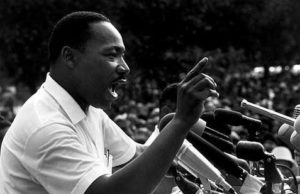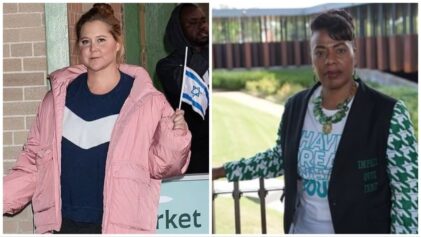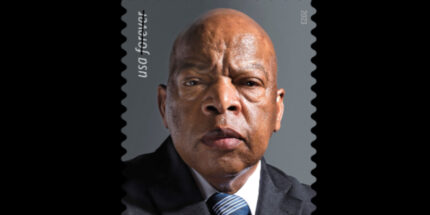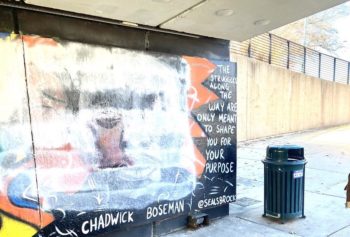
It was at Riverside Church on April 4, 1967 where King, with Lewis in the audience, gave his speech against the Vietnam War at a time when America was losing and destroying lives in the bloody battle.
In the speech, King called for an end of the war, in no uncertain terms. He said: “Surely this madness must cease. We must stop now. I speak as a child of God and brother to the suffering poor of Vietnam. I speak for those whose land is being laid waste, whose homes are being destroy, whose culture is being subverted. I speak for the poor in America who are paying the double price of smashed hopes at home, and dealt death and corruption in Vietnam. I speak as a citizen of the world, for the world as it stands aghast at the path we have taken. I speak as one who loves America, to the leaders of our own nation: The great initiative in this war is ours; the initiative to stop it must be ours.”
Lewis remembers it well.
“I was there. The religious leaders filed in: the priests, rabbis, nuns, ministers,” Lewis told Mic, recalling the speech at Riverside. “[King] preached that day out of the depth of his soul. That speech should get more attention.”
The speech may not have gotten the attention of the public, but it surely made the rounds in the political circles.
“It ends up being the most controversial speech,” said PBS host Tavis Smiley, on his documentary, “MLK: A Call to Conscience,” in 2010. “After he gives it, 168 major newspapers the next day denounce him. The New York Times calls it wasteful and self-defeating. The Washington Post says he has done a discredit to himself, to his people, to his country. He would no longer be respected. And that’s just the Times and the Post.”
The White House had major problems with it, too. It was, after all, President Lyndon B. Johnson’s war. King had a working relationship with Johnson before that speech; they worked together on the 1964 Civil Rights Act.
But after that speech, Smiley points out, “LBJ disinvited him to the White House. It basically ruined their working relationship.”
What, exactly, did King say that was so offending to the political and social powers. Here are a few examples:
“(The people of Vietnam) watch as we poison their water, as we kill a million acres of their crops. They must weep as the bulldozers roar through their areas preparing to destroy the precious trees. They wander into the hospitals with at least twenty casualties from American firepower for one Vietcong-inflicted injury. So far we may have killed a million of them, mostly children. They wander into the towns and see thousands of the children, homeless, without clothes, running in packs on the streets like animals. They see the children degraded by our soldiers as they beg for food. They see the children selling their sisters to our soldiers, soliciting for their mothers.”
While King’s words were true, they rang too true for Johnson and others. King added:
“We have destroyed their two most cherished institutions: the family and the village. We have destroyed their land and their crops. We have cooperated in the crushing of the nation’s only noncommunist revolutionary political force, the unified Buddhist Church. We have supported the enemies of the peasants of Saigon. We have corrupted their women and children and killed their men.
“Now there is little left to build on, save bitterness. Soon the only solid physical foundations remaining will be found at our military bases and in the concrete of the concentration camps we call “fortified hamlets.” The peasants may well wonder if we plan to build our new Vietnam on such grounds as these. Could we blame them for such thoughts? We must speak for them and raise the questions they cannot raise. These, too, are our brothers.”
Click here to read the entire speech.


